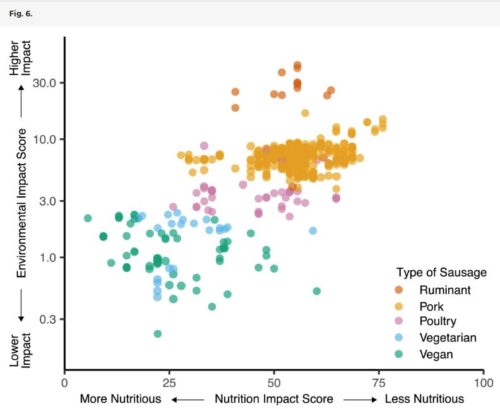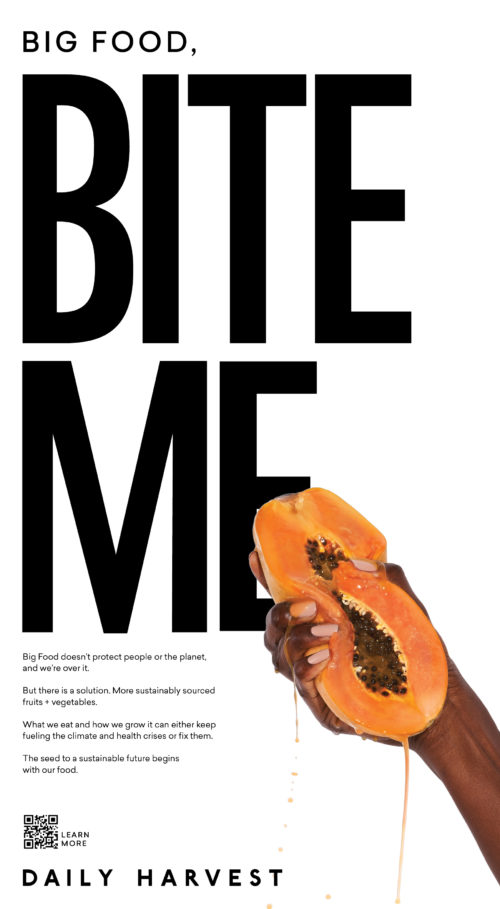FoodNavigator–Asia on product reformulation
FoodNavigator–Asia, a newsletter I subscribe to, publishes articles on reformulation and has now collected them in one place.
Reformulation is what happens when companies change the mix of food product ingredients to make them healthier—or at least to appear healthier-. This is a highly effective sales strategy.
But reformulation raises philosophical questions:
- Is a slightly better-for-you food product necessarily a good choice?
- Does reformulation convert an unhealthy ultra-processed food product into a healthy one?
- Is a food product with a gram or two less of sugar or salt likely to make any difference to your health?
Never mind. Here’s what food companies are doing these days, at least in Asia.
Special Edition: Reformulation: Sugar, Salts, Fats and Oils
Governments across the region are continuing to enforce policies to reduce sugar, salts, fats, and certain oils. In this special edition, we’ll showcase the companies providing the most innovative solutions and brands at the forefront of this charge.
- Level up: Singapore’s Gryphon Tea Company reformulates RTD teas to meet better-for-you demand, raises Nutri-grade rating: Singapore-based Gryphon Tea Company has updated its cold-brewed tea range with “no added sugar” formulations, which the firm says has helped it keep up with the better-for-you trend and reach out to a bigger pool of health-conscious consumers… Read
- ‘Prioritising indulgence’: Cargill-owned Aalst Chocolate investing in consumer-driven innovation to solidify market position: Cargill-owned Aalst Chocolate is putting “substantial investment” into insights-driven R&D, customised products, and strengthening of its bean-to-bar supply chain to push growth in Asia and beyond… Read
- Hitting the sweet spot: India’s The Brooklyn Creamery winning over Middle East consumers with better-for-you options and novel flavours: India-based The Brooklyn Creamery is making headway in the Middle East by catering to the buying behaviours and eating habits of consumers in the region, including healthier options and innovative flavours… Read
- Slash the salt: High sodium content in condiments poses public health concern in China: There is an urgent need for government-backed comprehensive reformulation programmes for high-sodium condiments in China, experts claim… Read
- Thai UPF warning: Products routinely exceed fat, sugar, salt RDIs – new data: New data from Thailand claims almost all ultra-processed food (UPF) products exceed the recommended daily amount of sodium and lack essential nutrients and minerals… Read
- Innovation challenge: How can firms meet reformulation and fortification demands while remaining cost competitive? Food firms need to be increasingly savvy when it comes to meeting growing consumer demands for fortified and reformulated products, in order to remain cost competitive in the current economic environment… Read
- Magic marination: World-first liquid shio koji brand hopes to ride ASEAN umami and health trends: World-first liquid shio koji brand Hanamaruki has big plans to ride on the growing umami and wellness trends in South East Asia, after seeing success in western and East Asian markets… Read
- Bull fighters: How Thailand’s Hippo Energy Drink is taking on the big-name competition: Thailand-based Hippo Energy Drink believes that its combination of health, natural ingredients and low sugar offerings can help it build on its initial success in South East Asia and take on major brand competitors in the category… Read



